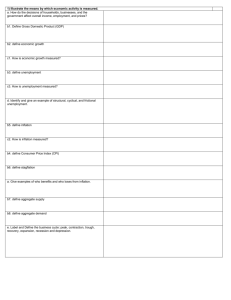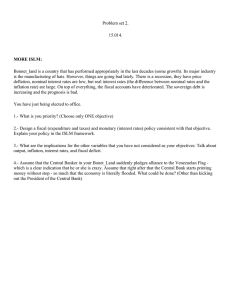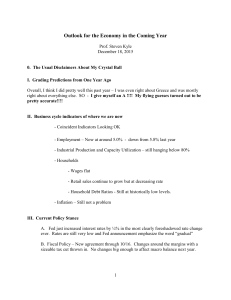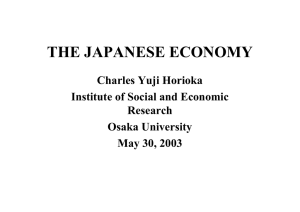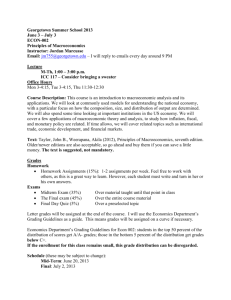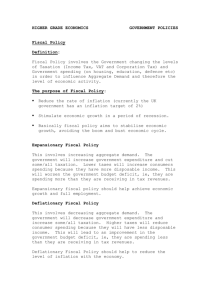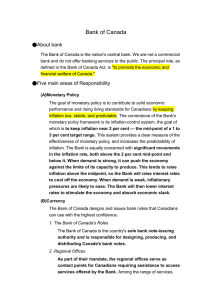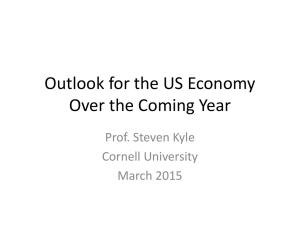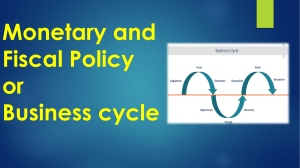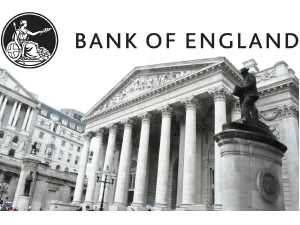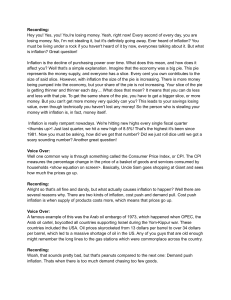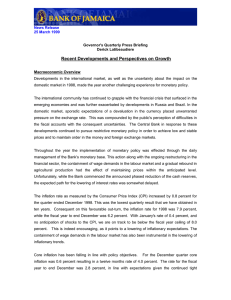Practice Questions for Econ 102
advertisement
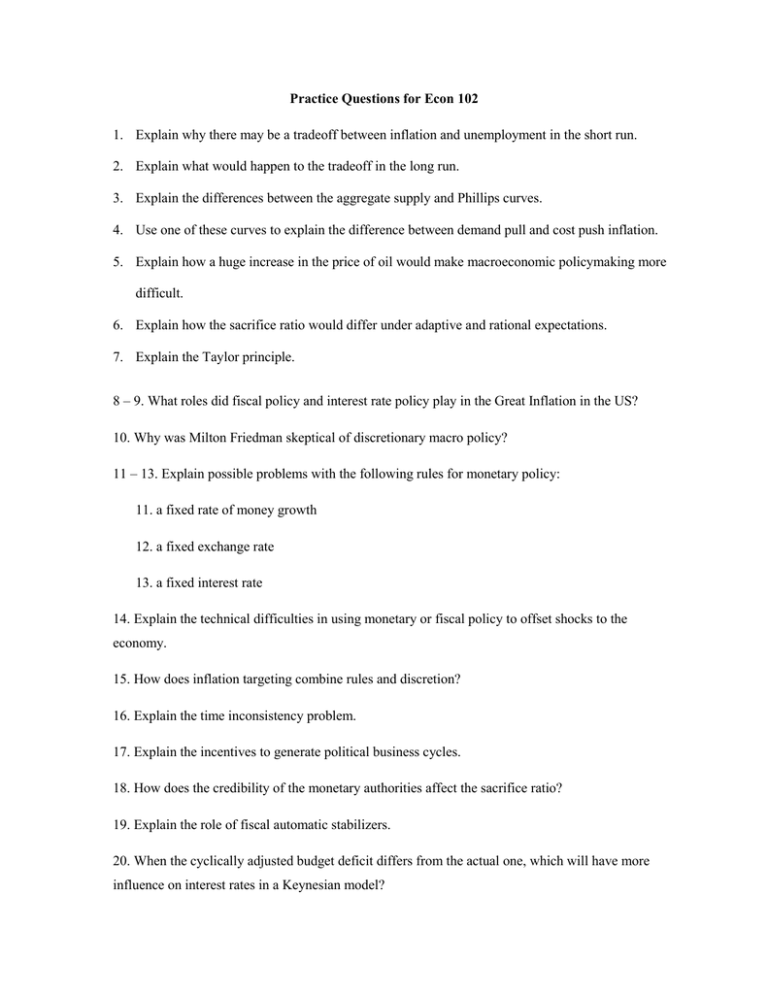
Practice Questions for Econ 102 1. Explain why there may be a tradeoff between inflation and unemployment in the short run. 2. Explain what would happen to the tradeoff in the long run. 3. Explain the differences between the aggregate supply and Phillips curves. 4. Use one of these curves to explain the difference between demand pull and cost push inflation. 5. Explain how a huge increase in the price of oil would make macroeconomic policymaking more difficult. 6. Explain how the sacrifice ratio would differ under adaptive and rational expectations. 7. Explain the Taylor principle. 8 – 9. What roles did fiscal policy and interest rate policy play in the Great Inflation in the US? 10. Why was Milton Friedman skeptical of discretionary macro policy? 11 – 13. Explain possible problems with the following rules for monetary policy: 11. a fixed rate of money growth 12. a fixed exchange rate 13. a fixed interest rate 14. Explain the technical difficulties in using monetary or fiscal policy to offset shocks to the economy. 15. How does inflation targeting combine rules and discretion? 16. Explain the time inconsistency problem. 17. Explain the incentives to generate political business cycles. 18. How does the credibility of the monetary authorities affect the sacrifice ratio? 19. Explain the role of fiscal automatic stabilizers. 20. When the cyclically adjusted budget deficit differs from the actual one, which will have more influence on interest rates in a Keynesian model? 21 – 22. If Ricardian equivalence holds, how would a cut in taxes affect: 21. private savings? 22. interest rates? 23. What assumptions are necessary for Ricardian equivalence to hold? 24. Under what conditions, if any, could a tax cut increase tax revenue if the economy is at full employment? 25. Would an increase in revenues be more likely if there was high unemployment? 26. According to the permanent income hypothesis, explain whether there would be a difference in the effects of a temporary or permanent tax increase? 27. Explain whether a fiscal deficit by itself can generate continued high inflation. 28. Critically discuss the following statement, “As long as it remains a small percent of GDP, we can safely run fiscal deficits indefinitely.” 29. Briefly discuss whether we can rely on financial markets to generate fiscal discipline? 30. Explain how the level of private savings relative to investment influences the level of budget deficit that is safe to run. 31. How did expectations about housing prices affect the subprime crisis? 32 – 33. How did perverse incentives affect: 32. mortgage lenders 33. ratings agencies 34. Why didn’t market discipline keep financial institutions from making highly risky loans and investments? 35. In the Solow growth model, can higher savings lead to permanently higher growth? 36. Why are political stability and strong institutions important for growth?
